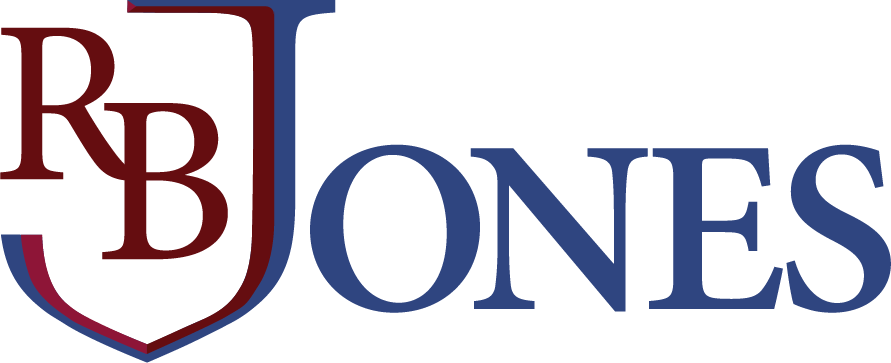The past year has brought numerous changes to work sites around the world, however some of the most common risks remain the same. To learn more about workplace hazards and Workers’ Compensation Insurance, we spoke with Justin Dorman, National Product Manager, Workers’ Compensation, Burns & Wilcox, Charleston, South Carolina.
What are some of the greatest risks in the workplace today?
J.D.: Overall, the workplace is safer than it ever has been with more automation, stricter Occupational Safety and Health Administration (OSHA) requirements and businesses providing more safety training. The main risks today continue to be strains, sprains and falls.
What should companies be aware of relative to these risks?
J.D.: Owners and managers should be active in employee safety training and providing personal protective equipment (PPE) when needed. For example, in a warehouse setting, all employees should be trained on safe lifting techniques and team-lifting large objects. They also should receive proper forklift training.
What kinds of insurance policies can help companies respond to workplace incidents, and what are the limits and examples of covered expenses?
J.D.: Workers’ Compensation Insurance is the main insurance policy to provide medical and financial assistance. There are two parts to your typical Workers’ Compensation Insurance policy. The first part is Workers’ Compensation, which provides medical and indemnity coverage for employee injuries. The only limit on this coverage is those set by state statutes. Typical expenses range from medical treatment for a cut to partial salary reimbursement if the employee is unable to work. It could also cover rehabilitation for physical injuries and, if the injury prevents the employee from returning to their job, vocational training for a new position. The second part is Employers’ Liability, which protects the business from claims not covered by Workers’ Compensation. This part is subject to limits.
How has COVID-19 affected Workers’ Compensation Insurance?
J.D.: The industry is analyzing data, however, at this time it appears the impact of direct COVID claims is lower than expected. Long-term impacts from the virus are being closely watched, as they may play a future role in Workers’ Compensation claims. Economic impacts have been very challenging. Higher unemployment resulted in a reduction in payroll, causing premiums to dip in 2020 and 2021.
What steps should companies take to complement insurance coverage from a prevention standpoint?
J.D.: Safety training and the use of well-maintained or new equipment are key for any business. Many Workers’ Compensation Insurance carriers provide their clients with safety videos and onsite safety training and inspections. Companies should check with their provider to see what resources are available.
Can you offer an example of a scenario you have dealt with that would help illustrate this type of risk?
J.D.: A question I get a lot is, “Should I report this claim?” The answer is always yes, and in some cases, it may be illegal to fail to report an employee injury. I have seen numerous times that what appears to be a minor injury can turn into a very big claim due to complications that could have been prevented with immediate attention.
What are the greatest opportunities for brokers to get into Workers’ Compensation Insurance?
J.D.: Brokers who are just getting into placing Workers’ Compensation Insurance business should follow economic trends and emerging market trends. Economic trends include analyzing unemployment numbers by industry to keep your portfolio growth. Emerging market trends are very important to make sure you have the ability to place new businesses such as Amazon delivery and cannabis.
What features of Workers’ Compensation Insurance are specific to Burns & Wilcox?
J.D.: Burns & Wilcox is built by a foundation of experts in all fields. Our Workers’ Compensation division is no different, with a team of experienced professionals giving our clients access to the top markets available. We can help everything from the small mom-and-pop store to the large national corporation. For risks that need assistance with reducing or preventing employee injuries, we can provide safety training through their insurance provider or our sister Kaufman company, Afirm.
What questions should brokers be asking clients relative to this product?
J.D.: Fully get to know your client and the services they provide. No two clients are exactly alike, even if they are in the same industry. A lawn care service, for example, may also provide tree trimming or pond maintenance. As brokers, we need to identify these differences in each account to provide our clients with the best carrier and coverage.
Workers’ Compensation Insurance
WHY YOUR CLIENTS MIGHT NEED IT: Workers’ Compensation Insurance is a key risk mitigation tool for all employers.
PROTECTS AGAINST: Physical injuries at work from falls, sprains or strains, or other medical-related conditions or injuries suffered by employees.
EXPERT OPINION: “A question I get a lot is, ‘Should I report this claim?’ The answer is always yes, and in some cases, it may be illegal to fail to report an employee injury.” Justin Dorman, National Product Manager, Workers’ Compensation, Burns & Wilcox





